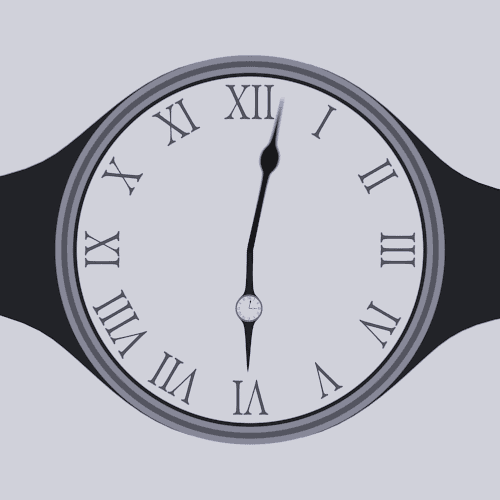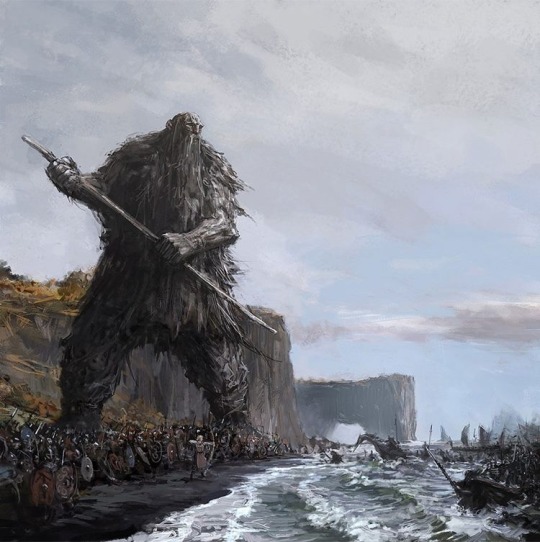Photo

Il fascino dei libri antichi [Braune W. (1943). Abriss der altohochdeutschen Grammatik mit Berücksichtigung des Altsächischen (7. Ed.). Halle: Max Niemeyer Verlag.] . . . . . . . #althochdeutsch #braune #oldbooks #libriantichi #filologiagermanica #germanicphilology #germanistik #oldhighgerman #altotedescoantico #altotedesco #grammatik #altesprachen #mediävistik #indogermanistik https://www.instagram.com/p/CHqWO2ThMkA/?igshid=zge6e0pylqst
#althochdeutsch#braune#oldbooks#libriantichi#filologiagermanica#germanicphilology#germanistik#oldhighgerman#altotedescoantico#altotedesco#grammatik#altesprachen#mediävistik#indogermanistik
7 notes
·
View notes
Text
“wow you’re so good at languages they must be so easy for you to learn” first of all i stayed up all night crying over an irregular verb
7K notes
·
View notes
Text
The more you procrastinate the longer it will take you to get fluent in your target language.
3K notes
·
View notes
Text
[…] the vernacular language is by its very nature more physical, more iconic than the “cultivated” language. […]
Antoine Berman, Translation and the Trials of the Foreign. (Translated by Lawrence Venuti)
4 notes
·
View notes
Text
Super combo : Nietzsche and languages in the same quote
“He who speaks a bit of a foreign language has more delight in it than he who speaks it well; pleasure goes along with superficial knowledge.”
— Friedrich Nietzsche
163 notes
·
View notes
Text
[...]Far from being a marginal activity, translation has played a central role in shaping literature. Choosing to remember only certain works by eminent writers while overlooking the importance of their traslation activity skews the picture of their achievement and is historical distortion. If we were to rewrite literary history from the perspective of significance of translation in a literary system, rather than from the standard perspective of national cultural roots, then we would see a very different picture from the familiar one we have all been taught to accept. [...]
Susan Bassnet, The Translator as a Writer
#langblr#language#languages#polyglot#langblog#polyglotlife#langbrl#learning#linguistics#english#languagecourse#translation#langbr#languagelearning#quotation#quotes#motivation#tongueblr#susanbassnet#bassnet#translationstudies#abus
3 notes
·
View notes
Text
[...] the vernacular language is by its very nature more physical, more iconic than the "cultivated" language. [...]
Antoine Berman, Translation and the Trials of the Foreign. (Translated by Lawrence Venuti)
4 notes
·
View notes
Text
Some German Contranyms
I haven’t done a German post in quite a while so here we go. Contranyms, Auto-Antonyms, or Janus Words (German uses Januswort) are words which are their own opposite. Still confused? Well peruse the list below and you’ll understand!
abdecken - either to cover something, or to remove a cover from something.
anhalten - either to stop, or to continue.
ausbauen - either to expand something, or to deconstruct/remove it.
gewiss - either certain/definite, or uncertain/indefinite.
grundsätzlich - either without exception, or in general (with exceptions).
die Platzangst - either agoraphobia, or claustrophobia [coll.].
sanktionieren - either to give approval for, or to enact a penalty upon.
übersehen - either to oversee something, or to overlook something.
umfahren - either to drive over something, or to drive around something.
“passen wie die Faust aufs Auge” - either something is very well fitting/matching, or terribly fitting/matching.
Enjoy!
602 notes
·
View notes
Photo

Let’s get down to brass tacks, guys.
383 notes
·
View notes
Text
Russian person: *points at an owl* сова
French person: *abruptly turns around* Très bien, merci
19K notes
·
View notes
Text
Familienstammbäume und Erbe = Alberi genealogici ed eredità
That's my first vocab list, hope you enjoy. (Every sort of feedback will be most welcome)

Der Ahn(e)/die Ahnin oder der Vorfahr/die Vorfahrin = l'antenato/l'antenata
Der/die Ahnenforscher/in = esperto di genealogia
Der Stamm = il tronco, la radice (gr.),
Der Stammbaum/Familienstammbaum = l'albero genealogico
Der/die Verwandte = il parente, la parente
Die Verwandtschaft = la parentela
Die Eltern = i genitori
Die Kinder = i figli/i bambini
Die Großeltern = i nonni
Die Großmutter = la nonna
Der Großvater = il nonno
Die Urgroßeltern = i bisnonni
Der/die Nachkomme = il/la discendente
Die Herkunft = l'origine
Eine aldige Familie = una famiglia nobile
Die Urkunde (über Geburt, Hochzeit oder Sterbefall) = l'atto (di nascita, di matrimonio o di decesso)
Der Urenkel = pronipote
Das Testament
Das Erbe = l'eredità
Der einzige Erbe = l'unico erede
Die Familiengeschichte = la storia familiare

Stammen aus = essere originario di (una famiglia, un luogo, un paese)
Abstammen aus = discendere da (un antenato, un parente)
Verwandt sein mit jmd = essere imparentato con qlc.
Eine Verwandtschaft (durch eine Urkunde) beweisen = provare un parentela (con un doocumento)
Ein Erbe annehmen = accettare un'eredità
Hinterlassen = lasciare (in eredità)
Ich stamme aus einer aldigen Familie = discendo/ sono orginario di una famiglia nobile
Er will Herausfinden, woher seine Familie stammt = Vuole scoprire da dove ha origine la sua famiglia.
In eigenem Testament beschließen, dass... = decidere nel proprio testamento, che...

#language#langblr#languages#italian#german#langblog#learning#langbrl#languagecourse#italianlangblr#languagelearning#german vocab list#vocabulary#vocab#deutsch#germanlangblr#abus
7 notes
·
View notes















